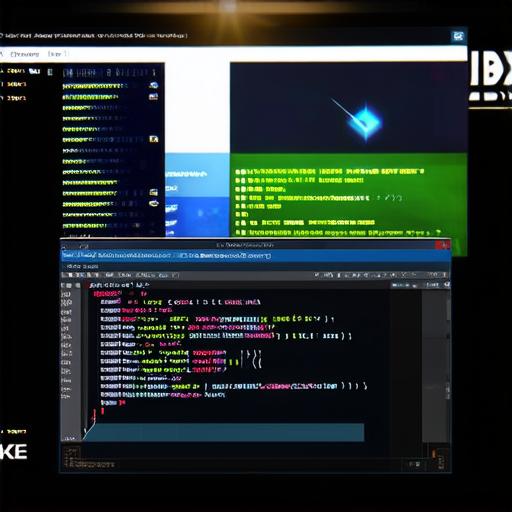If you’re passionate about creating immersive and engaging video games, becoming a game developer might just be the perfect career path for you. However, like any other professional field, becoming a video game developer requires dedication, hard work, and a clear understanding of the industry’s ins and outs.
Step 1: Understand the Different Roles in Game Development
Before diving into the specific skills and education needed to become a video game developer, it’s crucial to understand the different roles involved in game development. While many people think that being a game developer involves creating all aspects of a game, there are several specialized roles within the industry.
These include:
- Game Designers
- Game Programmers
- Artists and Animators
- Producers and Project Managers
- Quality Assurance (QA) Testers

Step 2: Choose Your Specialization
Once you have a better understanding of the different roles in game development, it’s time to choose your specialization. While some individuals may opt for a generalist approach, most game developers specialize in one area, such as game design or programming.
To become a game designer, you will need a strong understanding of game mechanics and rules, as well as the ability to create compelling and engaging experiences for players. You may also need experience with prototyping and playtesting tools to help refine your designs.
Game programmers require technical skills in programming languages such as C++ or C, as well as knowledge of game engines like Unity or Unreal Engine. They must also be able to write efficient and optimized code that runs smoothly on a range of devices.
Artists and animators need strong artistic skills, including drawing, 3D modeling, and animation. They also need to stay up-to-date with the latest software and tools in their field to create high-quality visuals.
Producers and project managers must have strong organizational and leadership skills, as well as experience managing budgets and schedules. They also need to be able to effectively communicate with both the development team and stakeholders to ensure that the project stays on track and meets its goals.
Step 3: Gain Relevant Education and Experience
To become a game developer, you will typically need a combination of education and experience. This may include a bachelor’s or master’s degree in game design, computer science, or a related field. Many game developers also gain practical experience through internships or entry-level positions in the industry.
Some popular game development programs include:
- University of Southern California (USC) – Game Design and Development
- Carnegie Mellon University (CMU) – Entertainment Technology Center
- Rhode Island School of Design (RISD) – Animation and Digital Arts
- Ubisoft Academy
- Epic Games’ Unreal Engine 5 Training Program
Step 4: Develop Your Technical Skills
Regardless of your specialization, developing technical skills is essential for game development. This may include learning programming languages, mastering game engines like Unity or Unreal Engine, and staying up-to-date with the latest technologies in the industry.
Some popular game development tools and software include:
- Unity 3D – A
